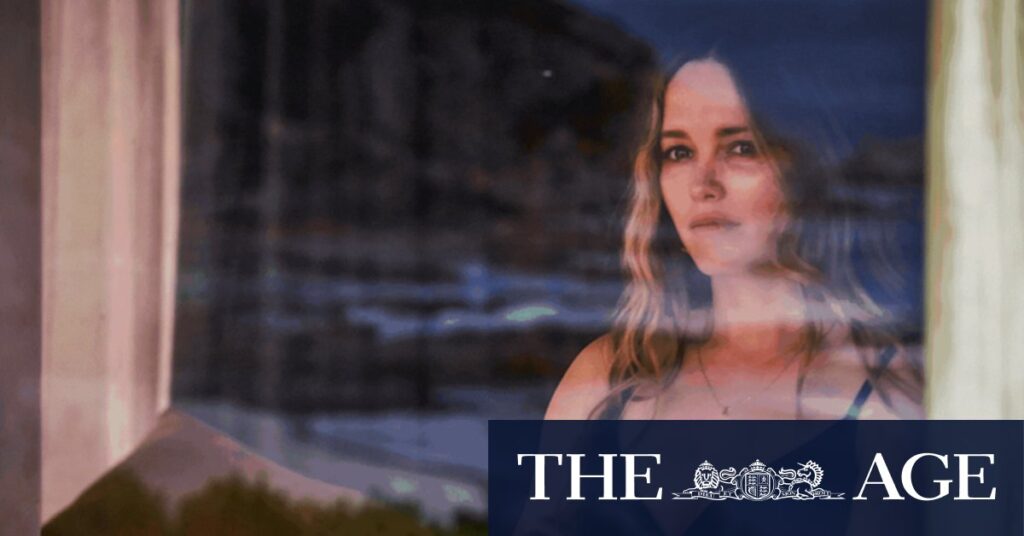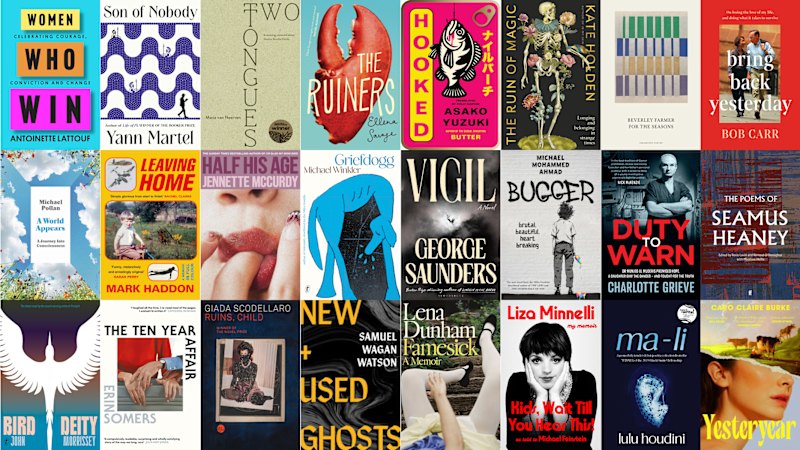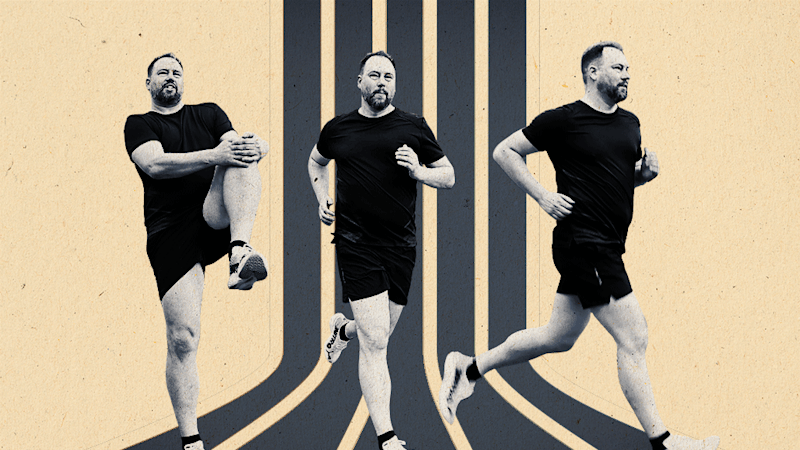
To describe Kangaroo Island as a personal film is an understatement. Written by Canadian-born Sally Gifford and directed by her Australian husband Timothy David, the film is set on the titular island off the coast of South Australia. It explores universal themes through the lens of deeply personal experiences, drawing from Gifford’s own life as a struggling actor in Los Angeles.
The plot centers on Lou, portrayed by Rebecca Breeds, an Australian actor who returns to her family home on Kangaroo Island after her Hollywood dreams falter. This narrative is infused with Gifford’s own history, as she admits, “I’m sure I was drawing on my own experience.” The film contrasts the glamour of Hollywood with the raw, real-life drama of family dynamics on the island.
Exploring Family and Faith
Lou’s return home is marked by tension with her sister Freya, played by Adelaide Clemens, who is deeply religious. The film delves into their strained relationship, using humor and a series of comedic mishaps to lighten the heavy themes. As the story unfolds, a backstory involving a handsome surfer and university lecturer, Ben (Joel Jackson), adds layers to Lou’s character.
The family patriarch, Rory, played by Erik Thomson, faces his own challenges as he contemplates the future of his beachside property. This subplot weaves together themes of mortality and legacy, prompting viewers to reflect on life’s impermanence.
The Filmmaking Process
Despite being the debut feature for both Gifford and David, the film is executed with a deftness that belies their inexperience in the medium. David, a veteran of the New York advertising world, adapted his skills to the constraints of a feature film. “A lot of my work in the past has been beauty commercials… here, we were rattling through four scenes a day,” he explains.
This rapid pace led to what David describes as “happy accidents,” which contributed to the film’s authentic feel. A critical dinner party scene, for instance, was shot in just two takes, capturing a genuine performance from Erik Thomson in the nick of time.
Philosophical Undertones
Kangaroo Island does not shy away from tackling philosophical questions about God, love, and the meaning of life. Gifford notes, “We are meaning-seeking animals, and yet we may never get the answer to ‘what’s the point? Why are we all here?’” The island itself, with its minimal human development, serves as a backdrop for these existential musings.
David appreciates the script’s lack of a traditional antagonist, highlighting how life’s challenges force characters to make difficult decisions. “It’s just that life can hit you a certain way, and you’re forced to react,” he says, emphasizing the film’s exploration of human complexity.
Implications and Reception
The film’s approach to storytelling, blending personal narrative with universal themes, resonates with audiences seeking more than superficial entertainment. “We actually are growing tired of films that feel a bit glib and ironic,” Gifford reflects. By embracing sentimentality and sincerity, Kangaroo Island offers a refreshing perspective in contemporary cinema.
As the film continues to reach audiences, it invites viewers to ponder their own lives and the larger questions that define human existence. The success of this debut feature suggests a promising future for Gifford and David, who have demonstrated a unique ability to craft a narrative that is both personal and universally relatable.





